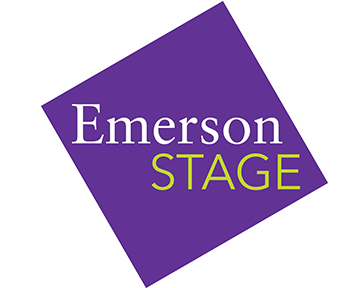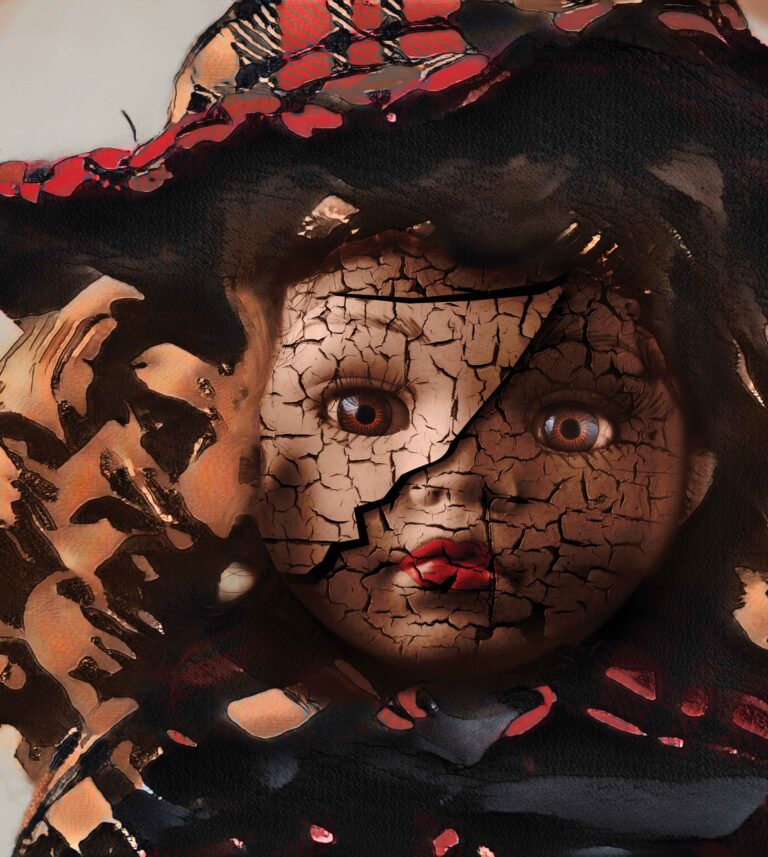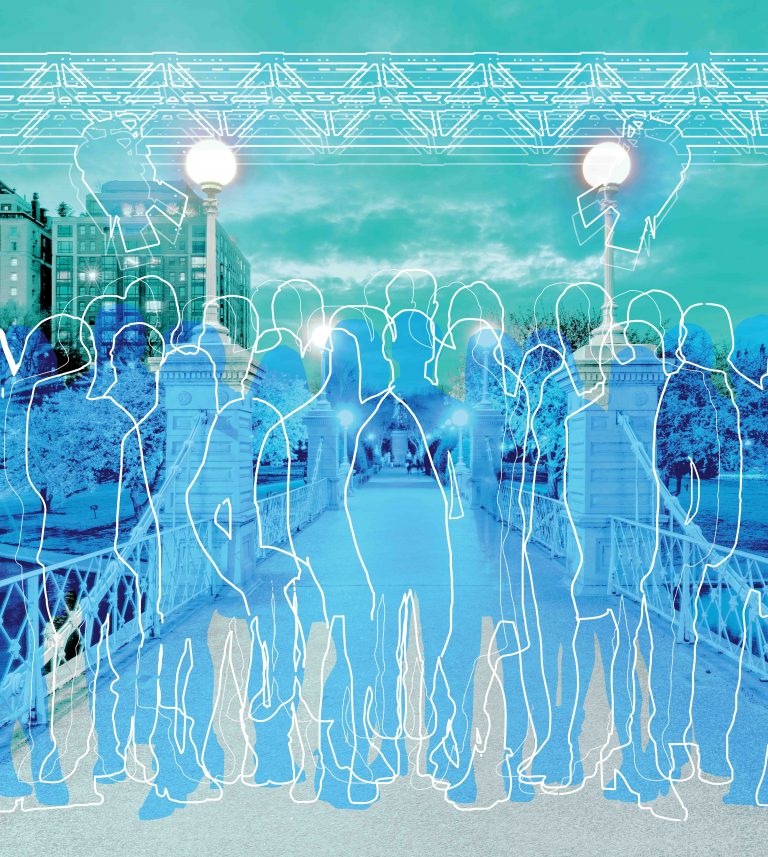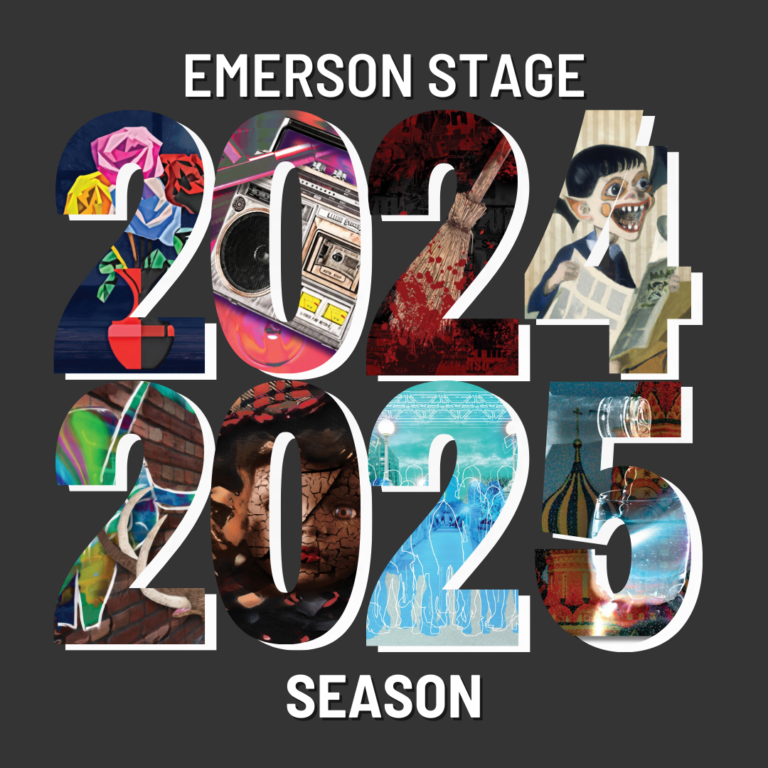KEEP SPEAKING LOUDLY: An Interview with “Lizzie Stranton” Playwright Lydia Diamond
In 2008, you set the play to be in the “future” of 2016. How do you think Lizzie’s world compares with the world today?
I can’t get over how far away 2016 seemed when I was writing the play. And of course, much like with your production, we talked for a long time and worked really hard to figure out how and when we wanted to set it. I think it resonates almost more now, because very frightening things are happening in our world. In 2008 when I wrote it, things were merely as awful as they had been for four years. But we weren’t in this crazy era of rebound conservatism, but it’s just frightening. And we hadn’t watched Obama have to go through a presidency in which people were so actively committed to making it difficult for him. We have a candidate [now, in 2016] who is the wife of a former president, which I think in some ways looks like the direction that Lizzie is going in our play. It’s interesting how much it’s resonating now! If anything, if I had it to do again, it would be more stark. I think that between the moments of hilarity, there would be more social criticism that could be and would be even that much more pointed. But I love that my play set in the future is now a historical one now! [laughs] It’s sort of meta, isn’t it? The future that was written has passed, and now it’s a historical play, because it’s the play that was written in the past about the future. I think that’s absolutely fascinating.
What inspired this new version of the play?
I want to proceed by saying that I had hoped for more time to work with your dramaturgy students and possibly writers and do sort of a major overhaul of the script – not that there was anything wrong with it, but because I saw so much potential for growth, and so much happening in the political landscape that resonates. It didn’t get to happen because of my schedule. [But] I was getting the real-time incredibly insightful and incisive questions and suggestions from you dramaturgs…I have liked having these young minds really picking apart the play. And with the other character [Azima Halibi], and this is I think an interesting thing to look at – when I wrote the play for Boston University, there was a sense of wanting to write a play that African American actors, or actors of color period, who hadn’t necessarily had the advantage of having had culturally specific things to do, to have an opportunity to be onstage. What I think I find startling all over the country – and this isn’t just a critique of Boston University, but in general – I find it dismaying that these programs have so few faculty members of color and students of color. It’s a problem. So it’s exciting to me to be able to write a play that gives opportunities to these voices. And it was notable that a Middle Eastern contingent was absent from the last play, and there were reasons. So, it was exciting to be able to add that voice.
Given the Black Lives Matter protests and active engagement in intersectional issues at Emerson College lately, this couldn’t have been more timely.
I didn’t know…that was happening on your campus. But I’m aware that it’s happening all over, because it is just time, that it has to be happening. But I find it dismaying because…I graduated college in ’91 and so…[that’s] two decades and some many years, [and] we were having the same marches, having the same issues, critiquing vehemently the same things. I find that troubling…[I] have people come up to me and say, “I wouldn’t have been in a play at my college were it not for The Bluest Eye.” Or “I was able to audition for NYU and I got in because of monologues from Stick Fly.” And that’s all I ever wanted, in my artistic world, was to be able to add voices to the stage that weren’t getting there and to be able to give actors the opportunity to be able to play complicated, funny, flawed, smart, hyper-literate characters.
What was the experience of writing specifically for college-aged performers and audiences?
I had done that before, because I had written The Bluest Eye for Steppenwolf’s Theater for Young Adults, Toni Morrison’s play, and that gets done around the country. And I had written a play called Harriet Jacobs which also gets some play in the regional theaters…
I’ve done theater that was for audiences between the ages of 16 and 20, and I know that for that audience, the work has to be even more on point. Young people aren’t ever fooled and have a better sense of – new paradigms for how they see the world so I feel that it always makes me be more on point, because I know that I’m speaking to an audience that has a perspective – a socially relevant perspective…[On writing] for young actors, I would say, because most actors in conservatory programs are so talented…in terms of the skill set, it’s at a high level, because they’re kids, often, who have been passionate about theater for years and years and years. The first production [of Lizzie Stranton] was more hands on with the students, because I was there in the room creating the play in real time. But I think that college students are just so inspiring, so un- jaded…It’s just pleasurable to write for young people.
I had an opportunity to do a reading of the play – an open reading – at the Huntington [Theater Company]. And again, it was fun to have the play with equity, older actors, and they were great and it was funny, and it was exciting to see that it holds up in the professional arena. But the energy and the enthusiasm in the college production was palpable. And often, also, I would say, that most college students haven’t had the wonderful experience of wielding dildos and singing a song. [laughs] And I liked being the warped mind that could give them that experience! I’m sure their parents loved coming to see that…
Many of your plays have a strong background in realism, like Stick Fly and Smart People. What was it like working in such a different genre?
Well, not so much. What’s interesting is that the plays that are most available to you, that are realistic and have a forward-moving…chronology are the ones that our country is most comfortable with and so they’re the ones that get done most often. I have a play called Voyeurs de Venus which was commissioned by the Steppenwolf Theater in Chicago, and first mounted at a company in Chicago called Chicago Dramatists and was done in the same season, around the same time as my other play Stick Fly, the one that went to Broadway…And it [Voyeurs de Venus] won a Joseph Jefferson Award for best new play and Stick Fly got second for best new play…And I think that’s so telling. I don’t tell that to be arrogant, I think it’s telling because it [Voyeurs de Venus] was appealing to a mass audience in a way that I think many theaters don’t realize non-traditional plays can be. So in a way, it loops back to the question that you asked me about writing for young people and writing for a college environment – it gives you more freedom. I always am only going to write the plays that come out of me because artistically that’s what I want to express…So it [Lizzie] didn’t introduce to me a new form, it allowed me the freedom of knowing that an audience would see a play that isn’t necessarily naturalistic.
…I guess the short version of the answer to your question is that it’s not a form I’m unfamiliar with it’s just one that finds its way to stages less often.
Can you speak a little bit about intersectionality and its role in the play?
With regards to the characters and their identities? That’s an interesting question too, because I did want to play with identity but I think that it is relatively arbitrary in terms of which characters had which personality traits. And I find that that’s tricky and interesting when you’re doing work about race and class and gender, which is all that I ever do, really, whether I mean to or not. Because all of a sudden personality choices that you make for characters have a resonance and are vulnerable to…looking like you’re painting a whole people with broad strokes. And particularly because we don’t get to see that many people of that many ethnic origins onstage at the same time, we’re trained to think that when we see race…it’s representative of a whole people. And so even for this play, as much fun as it is…I struggled with that a little bit. And I had to release it. I just had to release it. And also it makes me notice that a lot of the characters were made for the women I knew would be playing them, and/or could be creative challenges to actresses who hadn’t had a chance in their careers at Boston University to play various kinds of roles.
What would you say to any of the “anti-feminists” out there?
Anti-feminists?! Oh, my goodness! What would I say? It has to be rated G or PG…? Male anti-feminists I would say are sexist, and we know that that hasn’t gone away. I think of the younger generation again, and even my mom’s generation versus my generation, there are fewer and fewer of those, and that’s encouraging, but certainly there’s still enough institutional gender disparity….
For all people who are anti-feminist: shame on you! And, you know, read a book! And for women who are anti-feminist, I think that they just didn’t get the right definition. And they need to be educated. Some of the feminist ideals my mother’s generation worked so hard for, have been diluted. So that would be my not so funny answer to what should be a really funny question. It’s true, you know? Go and open a Gloria Steinem anything and understand what feminism is – and then talk about how you’re not a feminist.
What conversations do you hope that Lizzie Stranton will inspire in audiences?
What I would say, and what I feel very strongly about [for all plays that I write] is that I want audiences to first be really entertained. I want laughs, even when it’s not a funny play or a play about funny things, but particularly when it’s a comedy. And I want them to feel as though it was an evening well-spent. Then, I hope, that people start talking on the way home, and they have disagreements about what they saw…and how they felt about the play. And then, if it’s very successful, they’re talking about it at breakfast…I feel so strongly about that. It’s got to be fun. It’s got to be entertainment. And, if it’s political, it can’t not have conversations that follow it. And, if it’s politically viable, somebody’s going to get offended, and it will often be the person that you least expect would. And that means I’ve done my job.
I’m sometimes surprised, because now that I’ve been being a playwright for a while, I think I’m not automatically given cool points. Like there’s nothing really cool about having a…play on Broadway. So I don’t know if people watch it through a lens of understanding that I’m on the right side. So I find that very interesting too, in terms of how people feel about the irreverence of certain things.
What advice would you give aspiring young female voices in the theatre?
Keep speaking loudly! Have your voice. Find the voices of people who historically have also been working hard to have a voice and have voices heard. The American theater struggles with celebrating diverse voices. I think young female writers need to be writing their stories, saying them, and having them heard, and not waiting for institutions to produce them – I’m talking specifically right now to playwrights. We have to write our reality, and know that it’s worthy, and it doesn’t have to look like anyone else’s ever. And it can seem to us like it’s mundane, but there is something that is just as appealing and inspiring and provocative about being the black woman who writes a play about maybe having grown up with privilege and feeling critiqued by black peers. Or the white man who maybe writes a play about being the only guy in a black neighborhood, or writes a play about living in the suburbs and actually having a pretty balanced life and having been exposed to whatever they were and what their complicated emotional landscape looked like in childhood. I think we have a tendency to think that the stories that we tell that are worth staging are the ones that are full of adversity and tragedy, or that other people have already deemed exotic or “other.” And I don’t know anyone whose life story or life experiences or the stories of others that they choose to tell are not interesting and don’t resonate with large audiences.
I guess I’m saying, keep writing, and put your stuff out there into the universe and don’t expect someone to just do it: do it yourself. And write and write and write and write so that your voice becomes strong and clear. And I would say in terms of women in the arts having a voice period, that it’s true for directors and it’s true for actors: be who you are, get your education, know how to do what you do so well that you don’t have to waste time wondering when sometimes you get treated “like a woman” by a male patriarchy. Or when sometimes you get treated like a person of color by an institution riddled with institutional racism. Know what you’re doing is valid and keep doing it.
We live in a world that will, in insidious ways, try to silence you. And it’s not like there are people sitting in cigar smoke filled rooms and suits, men, white men, colluding about how to keep everyone down – it’s so much more insidious than that. And how you let it not chip away at your self-esteem, you’re able to identify it and name it, and know that if you’re in it you’re not crazy. If you know the dynamic is there, you don’t waste emotional energy trying to figure out if you’re right about that dynamic. It will drive you crazy. Statistically we live in a country that is not equitable. And I feel as though the powers that be spend a great deal of energy saying, “look over here, whatever you feel, whatever your life experience is, it’s not true, it’s not real.” And that makes for a very specific, very American kind of crazy. And I think to women of all colors, and in a very specific way because I am a woman of color, to women of color, you don’t have time to waste trying to figure out what the dynamic is. You have only to do your work best.
Any final thoughts about this production of Lizzie Stranton?
Special thanks to Benny Sato Ambush, who has been a huge supporter of this play and in many ways taught me to value it more than I knew to. So to Benny, and to the Emerson community, and to the theater department, and to the great actors and actresses who are doing the play, and my director Lee, just a huge thank you! It’s a gift that it’s being done and I am grateful…And thank you for dramaturging the hell out of my show. I appreciate it.
Conducted and edited by Emily White




